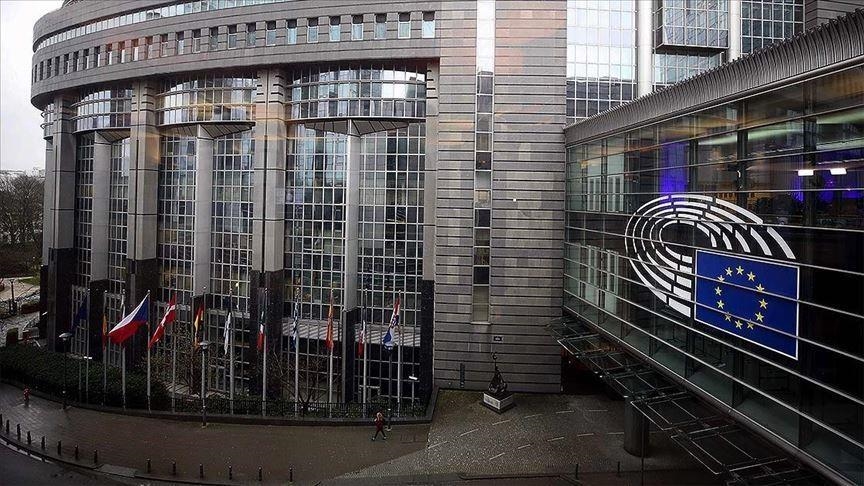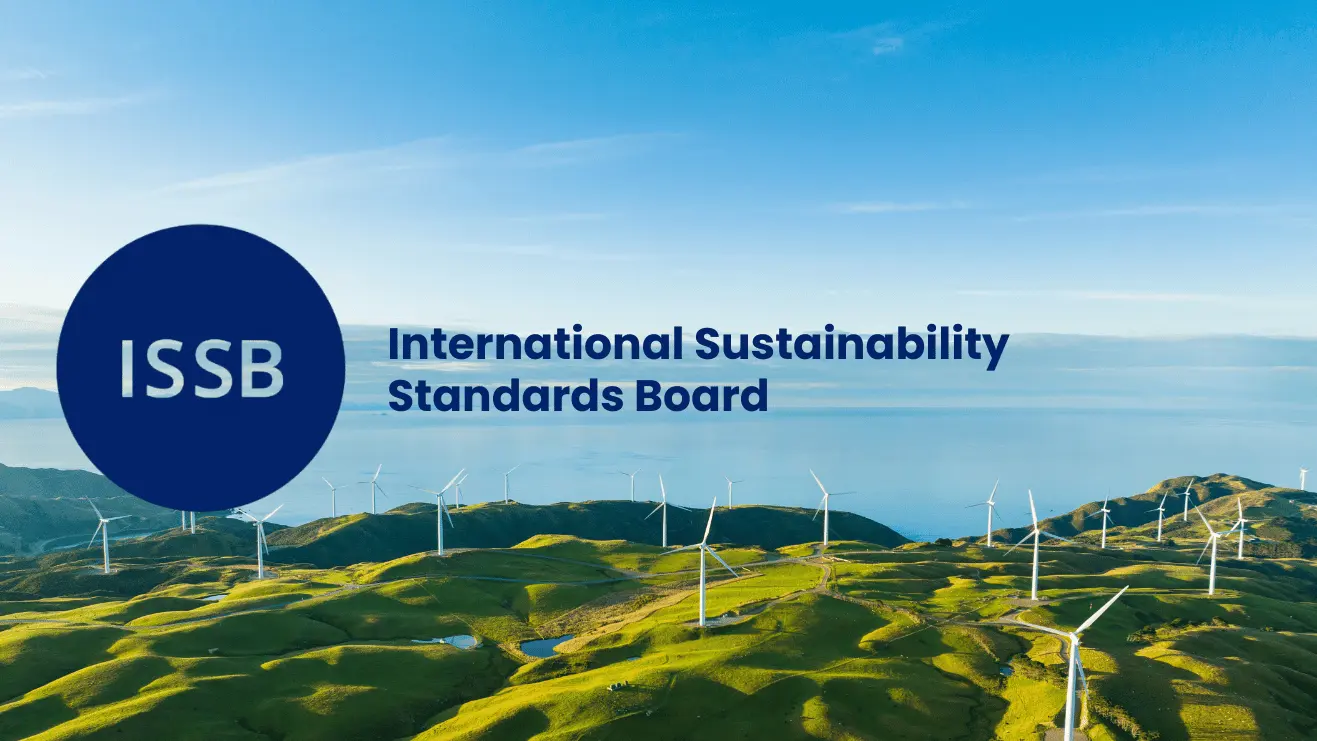EU Adopts New Law To Fight Global Deforestation

|
Listen to this story:
|
- An area larger than the EU was lost to deforestation between 1990 and 2020, with EU consumption causing around 10% of losses
- Cattle, cocoa, coffee, palm-oil, soya, wood, rubber, charcoal and printed paper products are covered by the new rules
- Human rights and the rights of indigenous people added as additional requirements
To fight climate change and biodiversity loss, the new law obliges companies to ensure products sold in the EU have not led to deforestation and forest degradation.
While no country or commodity will be banned, companies will only be allowed to sell products in the EU if the supplier of the product has issued a so-called “due diligence” statement confirming that the product does not come from deforested land or has led to forest degradation, including of irreplaceable primary forests, after 31 December 2020.
As requested by Parliament, companies will also have to verify that these products comply with relevant legislation of the country of production, including on human rights, and that the rights of affected indigenous people have been respected.
Products covered
The products covered by the new legislation are: cattle, cocoa, coffee, palm-oil, soya and wood, including products that contain, have been fed with or have been made using these commodities (such as leather, chocolate and furniture), as in the original Commission proposal. During the negotiations, MEPs successfully added rubber, charcoal, printed paper products and a number of palm oil derivatives.
Parliament also secured a wider definition of forest degradation that includes the conversion of primary forests or naturally regenerating forests into plantation forests or into other wooded land.
See related article: EU Parliament Adopts Key Laws To Reach 2030 Climate Target
Risk-based controls
The Commission will classify countries, or parts thereof, as low-, standard- or high-risk based through an objective and transparent assessment within 18 months of this regulation entering into force. Products from low-risk countries will be subject to a simplified due diligence procedure. The proportion of checks is performed on operators according to the country’s risk level: 9% for high-risk countries, 3% for standard-risk and 1% for low-risk.
The competent EU authorities will have access to relevant information provided by the companies, such as geolocation coordinates, and conduct checks with the help of satellite monitoring tools and DNA analysis to check where products come from.
Penalties for non-compliance shall be proportionate and dissuasive and the maximum fine must be at least 4% of the total annual turnover in the EU of the non-compliant operator or trader.
The new law was adopted with 552 votes to 44 and 43 abstentions.
Quote
After the vote, rapporteur Christophe Hansen (EPP, LU) said: “Until today, our supermarket shelves have all too often been filled with products covered in the ashes of burned-down rainforests and irreversibly destroyed ecosystems and which had wiped out the livelihoods of indigenous people. All too often, this happened without consumers knowing about it. I am relieved that European consumers can now rest assured that they will no longer be unwittingly complicit in deforestation when they eat their bar of chocolate or enjoy a well-deserved coffee. The new law is not only key in our fight against climate change and biodiversity loss, but should also break the deadlock preventing us from deepening trade relations with countries that share our environmental values and ambitions.”











